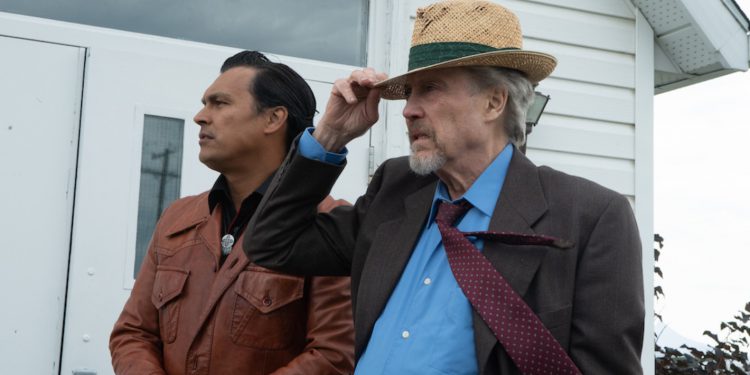Variety reports that over the past century, Monsanto discovered a way to farm the American farmer by developing, patenting and supplying genetically modified seeds. Instead of getting its hands dirty in the fields, the company cultivates its yield directly from the land workers, who have virtually no choice but to buy the agrochemical company’s seeds. For the farmers who do it the old-fashioned way — by collecting seeds from last year’s harvest and planting them the next — they risk not only weaker, bug- and weed-susceptible produce, but also being bullied by Monsanto in court.
If you’re savvy enough to recognise what a gross oversimplification that represents of a complex scientific, economic and legal situation, then loosely fact-based “Percy vs Goliath” is probably not the movie for you. While well cast and plenty compelling (including feisty turns from Christopher Walken and Christina Ricci), this reductive farmer drama deals in emotions more than explanations as it seeks to convey what it means for a little-guy grower like Percy Schmeiser to go up against Big Ag.
Director Clark Johnson clearly had such stirring anti-corporate environmental crusades as “Erin Brockovich” and “Promised Land” in mind, portraying Monsanto as a greedy near-monopoly (which isn’t necessarily false) without properly explaining what Percy is being accused of, or acknowledging the not-insignificant way the massive crop corp has increased the efficiency of food production worldwide. “Percy vs Goliath” may be a sufficient conversation starter, but those looking for some much-needed context would do well to check out the similarly titled 2009 documentary “David vs Monsanto,” which digs deeper into the Saskatchewan farmer’s protracted legal battle against the GMO manufacturer.























